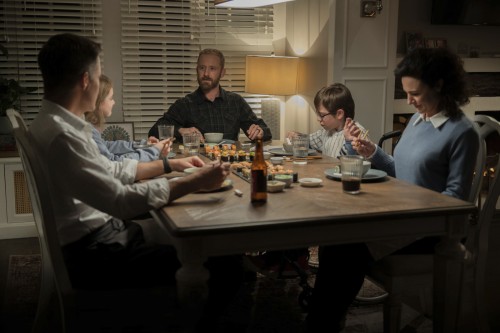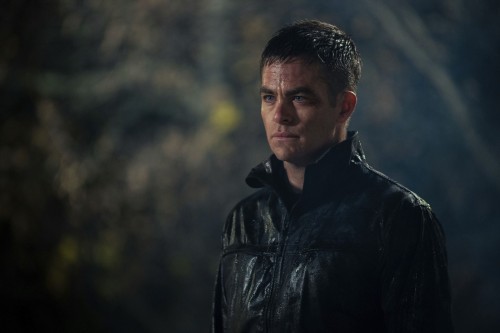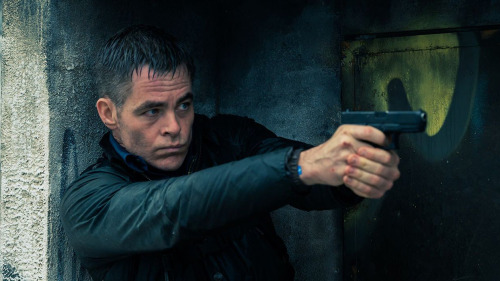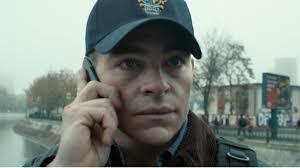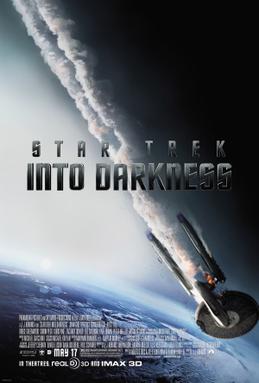
The Contractor (Tarik Saleh, 2022)
Cast: Chris Pine, Ben Foster, Gillian Jacobs, Kiefer Sutherland, Eddie Marsan, JD Pardo, Florian Munteau, Sander Thomas. Screenplay: J.P. Davis. Cinematography: Pierre Aïm. Production design: Roger Rosenberg. Film editing: Theis Schmidt. Music: Alex Belcher.
The Contractor begins promisingly, suggesting that it might be a hard-hitting film about the mistreatment of veterans and their involvement in private paramilitary organizations. It even name-checks the odious Erik Prince, founder of Blackwater and a hero of the American right. Chris Pine plays James Harper, a sergeant in the Special Forces, who is discharged because he has been using illicit drugs to treat the pain from a knee injured in the course of duty. Left without a pension or health care and supporting his wife and young son, he reluctantly follows the course taken by his friend Mike Hawkins (Ben Foster) and signs up with an organization headed by Rusty Jennings (Kiefer Sutherland) that does contract work with the Defense department. But when James is sent off on his first mission, which involves what he is told is a biochemical warfare agent being developed by a scientist in Berlin, the movie becomes a conventional thriller involving a series of intricate double-crosses. Pine is a fine actor, and he treats the script with a respect it doesn’t deserve once it strays into Mission: Impossible territory. If director Tarik Saleh had found a way to get the serious part of the film to mesh with the improbable shootouts and hair’s-breadth escapes that James endures, The Contractor might have been a better, or at least a more enjoyable film. But he sticks with the grimly determined characters and the gloomy look and tone even when the story has turned into a routinely familiar thriller.

